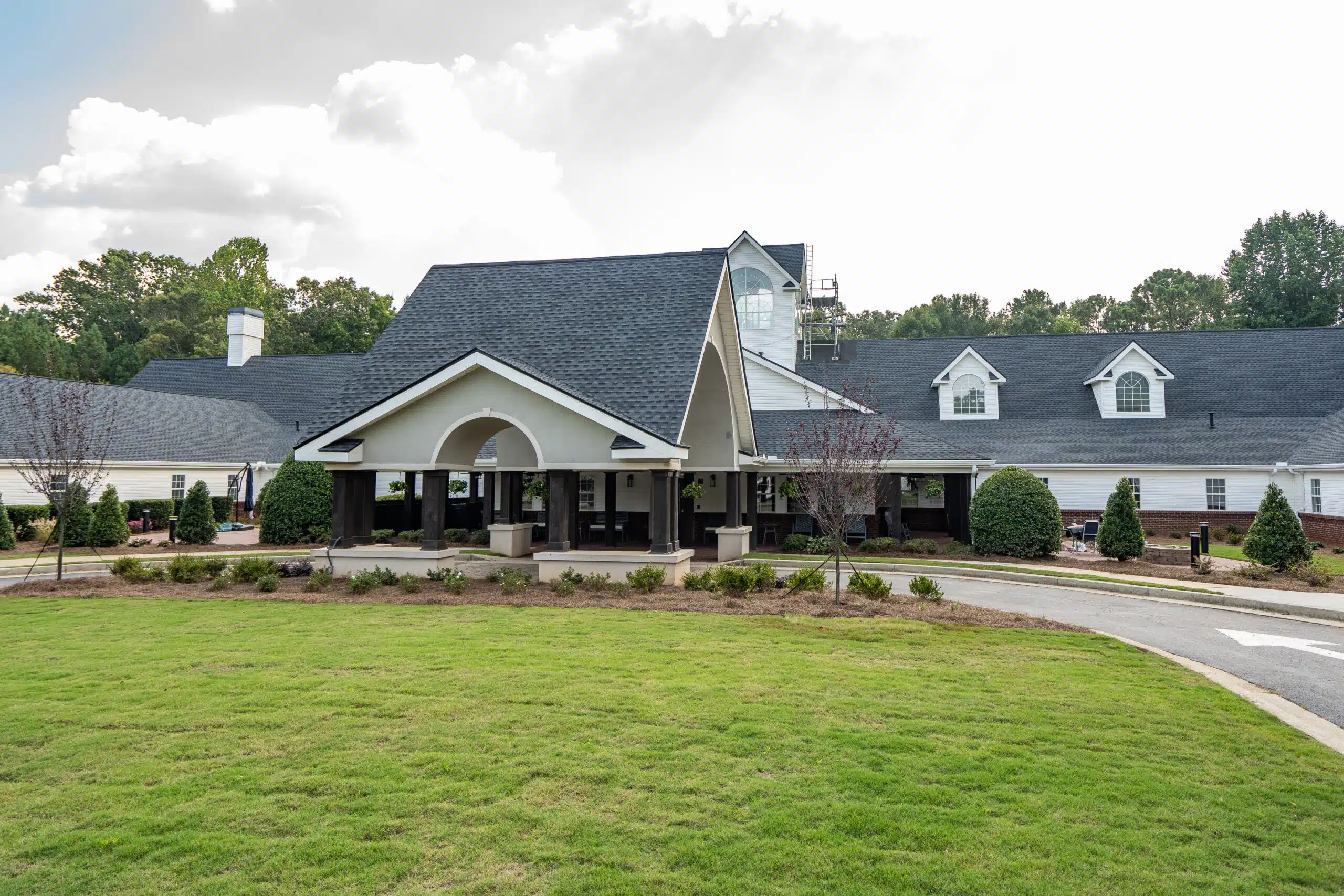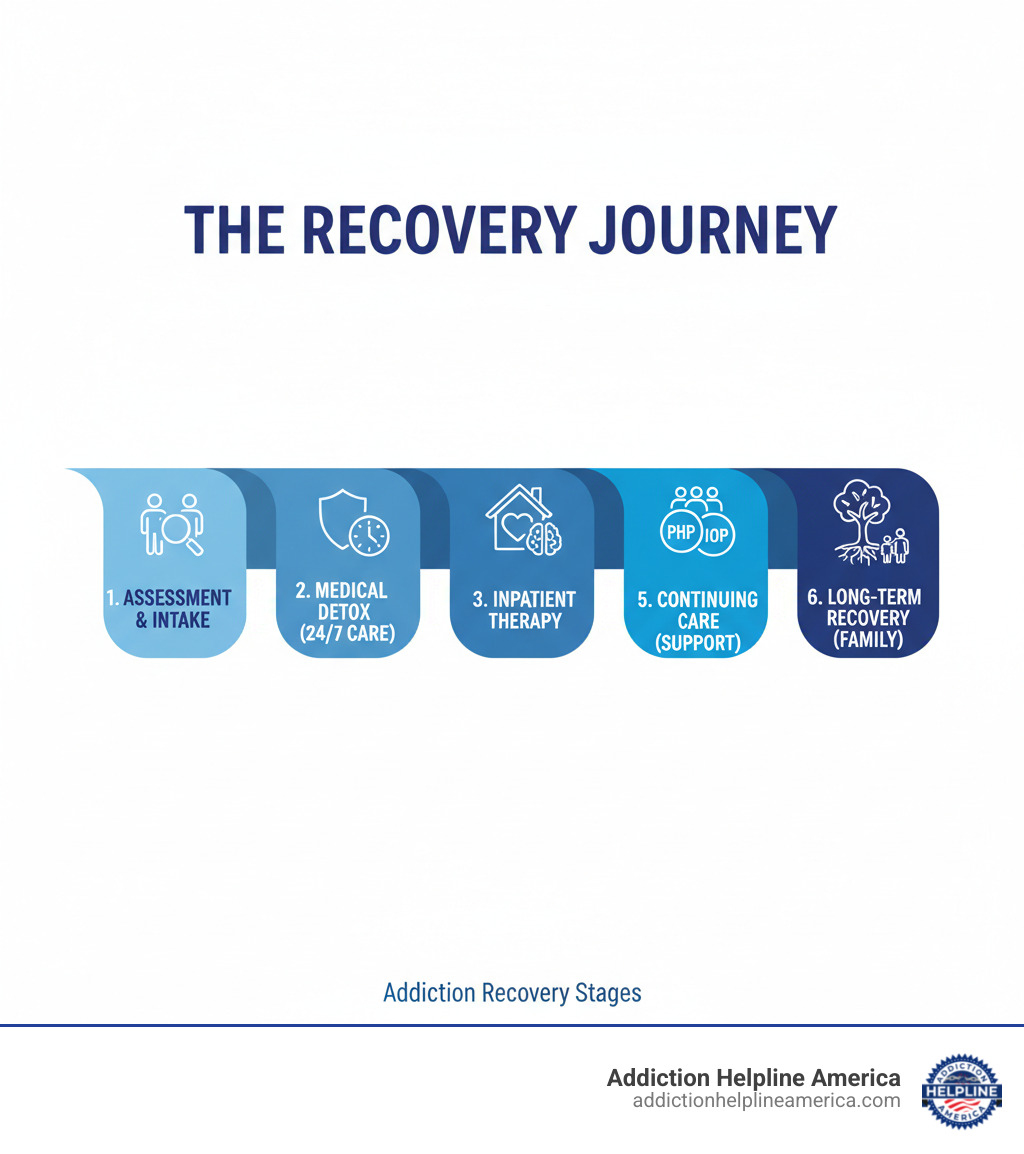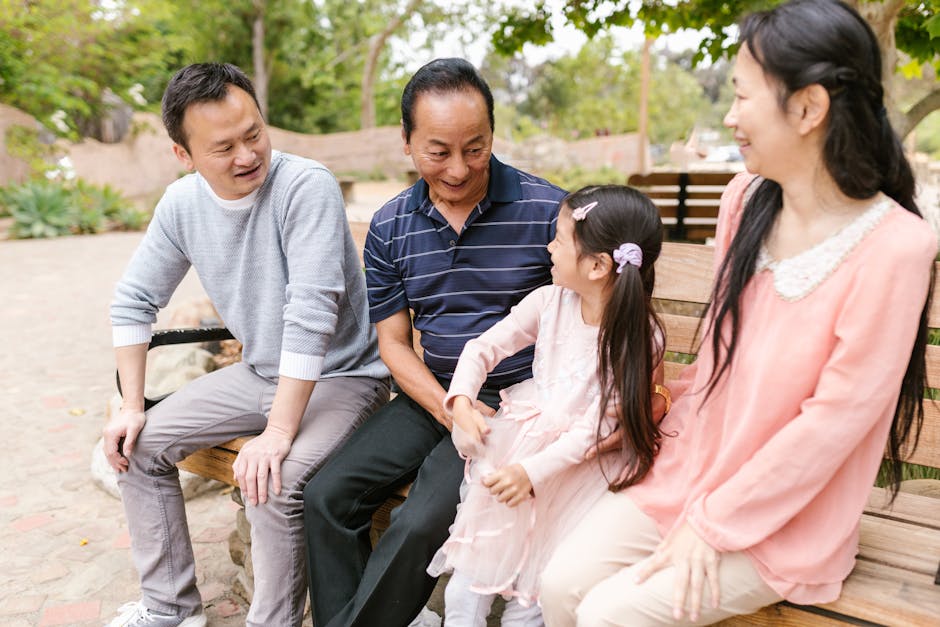
Understanding Your Options for Addiction Treatment in Georgia
Addiction treatment Georgia provides a wide range of services for those affected by substance use disorders. If you need help, here are your quickest pathways to care:
- Immediate Crisis Support: Call or text 988 for 24/7 confidential crisis services.
- State Resources: Contact Georgia’s DBHDD for treatment referrals.
- Treatment Levels: Options include medical detox, inpatient, and various outpatient programs (PHP, IOP).
- Specialized Care: Find programs for veterans, specific genders, adolescents, and dual diagnosis.
- Cost Options: Use private insurance, Medicaid, Medicare, sliding scale fees, or state-funded programs.
The statistics are sobering: while 23.5 million Americans need treatment for substance abuse, only 11% receive it. In Georgia, over 1.7 million people struggle with alcohol or drug addiction. The opioid crisis is particularly severe, with a 64% increase in deaths from 2023 to 2024.
But there is profound hope. Over 900,000 Georgians are in recovery, proving that a new life is possible. The state has a robust infrastructure, from 93 alcohol rehab centers to specialized clinics and peer-led support, including collaborations like the Addiction Alliance of Georgia.
This guide offers five actionable ways to find the right addiction treatment in Georgia, covering public resources, levels of care, quality programs, costs, and aftercare.
At Addiction Helpline America, we connect people with the right addiction treatment Georgia offers. Our 24/7 confidential support helps you steer these critical decisions. Our specialists know the Georgia treatment landscape and can find care that fits your unique situation.
Find more about Addiction treatment Georgia:
#1: Leverage Georgia’s Public Health Resources
Georgia’s public health system is a powerful ally in finding addiction treatment. The Georgia Department of Behavioral Health and Developmental Disabilities (DBHDD) coordinates a vast network of providers to ensure you have options.
If you are in crisis, call or text 988. This free, 24/7 confidential line connects you to the Georgia Crisis and Access Line (GCAL). Trained counselors can provide immediate help for mental health or substance abuse crises and connect you to local providers. For medical emergencies, always dial 911 first.
The DBHDD offers a “Core Benefit Package” of outpatient services across Georgia, including assessments, service planning, crisis intervention, and various therapies. For more intensive needs, the state provides medically monitored detoxification, crisis stabilization units, and medication-assisted treatment (MAT) for opioid addiction.
A key resource is the DBHDD’s online provider map, which helps you locate treatment clinics and Addiction Recovery Support Centers (ARSCs). ARSCs are peer-led community programs offering support groups, recovery activities, and a vital sense of connection. As the Georgia Overdose Prevention Project notes, “the opposite of addiction is connection.”
Each of Georgia’s six regions has a field office with staff who can guide you to local providers and services. Navigating these resources can be daunting, but you don’t have to do it alone.
At Addiction Helpline America, we help you make sense of Georgia’s public health system. We can explain your options, help you find a provider, and guide you through the first steps. We speak the language of addiction treatment Georgia so you can focus on recovery.
#2: Understand the Different Levels of Care for Addiction Treatment in Georgia
Addiction treatment Georgia is a spectrum of care, not a single destination. The system offers different levels of intensity to match your specific needs, giving you the best chance at recovery. At Addiction Helpline America, we help you understand these levels and find the right fit.
At Addiction Helpline America, we help you make sense of these different levels. We’ll walk through your circumstances with you, answer your questions, and help you find a treatment center in your area that’s the right fit. You don’t have to figure this out alone.
The First Step: Medical Detoxification
For many, recovery starts with medical detox, which safely manages withdrawal symptoms under 24/7 medical supervision. Withdrawal can be uncomfortable and sometimes dangerous, so professional oversight is crucial. Medical staff monitor your health, manage symptoms with medication, and ensure your safety. Good programs also evaluate for co-occurring mental health disorders and prepare you for therapy. Detox clears the way for the deeper healing to come. While the average cost is higher due to medical intensity, many insurance plans provide coverage. We can help you find detox options in Georgia and verify your insurance.
Immersive Healing: Inpatient and Residential Programs
Inpatient and residential programs offer immersive healing in a structured, 24-hour supportive environment. By removing you from triggers, these programs allow you to focus entirely on recovery. Treatment includes intensive individual and group therapy, educational sessions, and life skills training. Programs like Black Bear Lodge create a peaceful retreat atmosphere to promote healing. Stays typically range from 28 to 90 days. The peer support developed in these settings is transformative, building a sober community that lasts long after treatment. The average cost for long-term inpatient care in Georgia is around $48,953, but we can help you find programs that fit your clinical and financial needs.
Flexible Recovery: Outpatient Options in Georgia
Outpatient treatment allows you to get help while managing daily responsibilities like work or family. It’s ideal for those with a stable home environment or as a step-down from inpatient care.
- Partial Hospitalization Programs (PHP), or day treatment, offer intensive care for several hours a day, five days a week, while you return home at night.
- Intensive Outpatient Programs (IOP) have a smaller time commitment, with sessions a few times a week, allowing for part-time work or school.
- Standard Outpatient Care involves weekly therapy sessions and is best for those with strong support systems or as a long-term maintenance plan.
Outpatient treatment is more affordable, averaging around $8,134 in Georgia. At Addiction Helpline America, we can help you find an outpatient program in Georgia that provides the support you need while fitting into your life.
#3: Identify Quality Indicators and Specialized Programs
When searching for addiction treatment Georgia, you’re looking for the right program, not just any program. Quality and a personalized approach are key to a successful recovery.
Look for accreditations from bodies like the Joint Commission (JCAHO) or the Commission on Accreditation of Rehabilitation Facilities (CARF). These signal that a center meets high standards for care and safety. A quality facility will also have a multidisciplinary team of doctors, therapists, and addiction counselors. Don’t hesitate to ask about staff credentials or patient satisfaction scores, which offer real insight into the treatment experience.
Here are essential questions to ask any potential addiction treatment Georgia center:
- Is the facility accredited by JCAHO, CARF, or SAMHSA?
- What are the credentials of the clinical staff?
- Do you use evidence-based treatment approaches?
- How do you treat co-occurring mental health conditions?
- What is your approach to family involvement?
- What aftercare and ongoing support do you offer?
- Can you share patient satisfaction or outcome data?
The Gold Standard: Evidence-Based and Dual-Diagnosis Care
Effective programs use evidence-based practices—therapies proven by scientific research. These include Cognitive Behavioral Therapy (CBT), which reshapes addictive thought patterns, and Dialectical Behavior Therapy (DBT), which teaches emotional regulation. Addiction rarely exists in a vacuum; it’s often intertwined with mental health conditions like depression or anxiety. Dual diagnosis care, which treats both substance use and mental health disorders simultaneously, is the gold standard for this reason. Centers like Lakeview Behavioral Health and Black Bear Lodge specialize in this integrated approach. At Addiction Helpline America, we can help you find comprehensive dual diagnosis care in Georgia. For more on treatment effectiveness, see the National Institute on Drug Abuse’s research on treatment statistics.
Finding a Program for Your Unique Needs in Georgia
Your treatment should honor your unique story. Georgia offers specialized programs for different populations because a one-size-fits-all approach doesn’t work.
- Gender-specific programs for men and women create safe spaces to address unique challenges.
- Veteran-specific care, like the program at Willingway, addresses the trauma and stress related to military service.
- Substance-specific treatment provides focused expertise on addictions to opioids, alcohol, or other drugs.
Programs are also available for young adults, seniors, and LGBTQ+ individuals. Finding a program where you feel understood is crucial for healing. Addiction Helpline America can help you filter for these specialized programs, connecting you with a facility that meets your specific needs.
#4: Steer the Costs and Insurance Maze
The cost of addiction treatment Georgia can feel like a major barrier, but there are more options than you might think. While the average cost of rehab in Georgia is around $55,475, your actual cost depends on the level of care. Medical detox averages about $136,766, long-term inpatient care is around $48,953, and outpatient treatment is significantly less, averaging $8,134. We’re here to help you steer these costs.
Most treatment centers in Georgia accept a wide range of insurance plans, including Aetna, Blue Cross Blue Shield, Cigna, Humana, UnitedHealthcare, and Georgia-specific plans like Peach State Health Plan. The key is understanding what your specific plan covers.
How to Verify Your Insurance for Addiction Treatment
Before starting treatment, verify your insurance coverage by calling your provider or using a treatment center’s online tool. Ask these key questions:
- What are my benefits for substance abuse and mental health treatment?
- Is the facility in-network or out-of-network?
- What is my deductible, and have I met it?
- What will my co-pays or co-insurance be?
- Are there any coverage limitations (e.g., number of days)?
- Is pre-authorization required for detox or treatment?
This process can be overwhelming. At Addiction Helpline America, we can verify your insurance for you, explain your benefits in plain language, and handle pre-authorization requirements, taking this burden off your shoulders.
Exploring Payment and Financial Aid Options
Even with insurance, out-of-pocket costs can be a concern. Georgia offers multiple ways to make treatment affordable.
- Private pay is an option, and many facilities offer transparent pricing.
- Sliding scale fees adjust the cost based on your income.
- State-financed health insurance, Medicaid, and Medicare are widely accepted.
- Private financing or healthcare loans can spread the cost over time.
- Georgia has 13 free drug rehab facilities for those with limited financial resources.
The state’s DBHDD network also ensures that services are available at reduced costs or through state funding. Financial constraints should not stop you from getting help. At Addiction Helpline America, we can walk you through all these options and connect you with financial aid resources to make treatment possible.
#5: Plan for Lasting Recovery with Aftercare and Family Support
Completing a treatment program is a huge achievement, but it’s the beginning of the recovery journey, not the end. Lasting sobriety requires an ongoing commitment to relapse prevention, supported by a strong community. Georgia offers robust aftercare and family support programs to help you build this foundation for a new life.
The Importance of Continuing Care Services
Continuing care provides the support structure needed to rebuild your life after treatment. Leading centers like Black Bear Lodge and Willingway emphasize long-term aftercare because it’s vital for success.
- Alumni programs create a community of peers who understand the challenges of early recovery.
- Ongoing individual therapy helps you steer life’s stressors with healthy coping mechanisms.
- 12-Step meetings like AA and NA offer a free, structured, and widely available support network.
- Peer Support is a priority in Georgia. The state’s Addiction Recovery Support Centers (ARSCs) offer non-clinical guidance from people with lived recovery experience. The CARES warm line (1-844-326-5400) is also staffed by peers in recovery.
Addiction Helpline America can connect you with aftercare and peer support resources in Georgia to strengthen your long-term recovery.
The Role of Family in the Recovery Journey
Addiction affects the entire family, and recovery is a family process. Involving loved ones in treatment is crucial for healing relationships and building a strong support system at home.
- Family therapy sessions, emphasized by centers like Lakeview Behavioral Health, create a safe space to rebuild trust and improve communication.
- Educational workshops help family members understand addiction as a disease, shifting their perspective from blame to compassionate support.
- Setting healthy boundaries is key for both the individual in recovery and their family, preventing enabling behaviors and fostering accountability.
When families heal together, recovery outcomes improve dramatically. We can help you find programs in Georgia that offer comprehensive family involvement.
Building a Sober Living Foundation in Georgia
Transitioning from a structured treatment environment back to daily life can be challenging. Recovery Residences, or sober living homes, provide a vital bridge. These peer-supported, drug-free environments offer a safe place to practice sober living skills.
The Georgia Association of Recovery Residences (GARR) certifies these homes, ensuring they meet high standards for safety and quality. Facilities like Willingway’s Sober Living Environment (SLE) offer extended stays (90 days to 18 months), giving you time to find work, rebuild relationships, and establish healthy routines. These homes provide accountability through drug testing, peer mentorship, and a supportive atmosphere. At Addiction Helpline America, we can help you find a GARR-certified sober living facility to build a strong foundation for your recovery in addiction treatment Georgia.
Conclusion
You now have a roadmap with five powerful ways to find effective addiction treatment Georgia offers. From leveraging public health resources and understanding care levels to finding quality programs, navigating costs, and planning for aftercare, you are equipped to take the next step.
Here’s what matters most: recovery is happening right now in Georgia. Over 900,000 Georgians are living proof that healing is achievable. They once stood where you are now, and they found their way through.
The journey to recovery begins with a single step. Whether it’s making a call or simply finishing this guide, you’ve already started.
At Addiction Helpline America, our mission is to walk alongside you. We provide free, confidential, 24/7 guidance to connect you with the right addiction treatment Georgia has for your unique situation. Our experienced team understands the Georgia treatment landscape and is here to simplify the process, answer your questions, and help you find your path to recovery with compassion and clarity.
You don’t have to do this alone. We’re ready to help.
Find the right addiction treatment center in Georgia for you.
Our helpline is 100%
free & confidential
If you or someone you care about is struggling with drug or alcohol addiction, we can help you explore your recovery options. Don’t face this challenge alone—seek support from us.
Programs
Resources
Will my insurance
cover addiction
treatment?
We're ready to help
Find the best
drug or alcohol treatment
center
Are you or a loved one struggling with addiction? Call today to speak to a treatment expert.

















